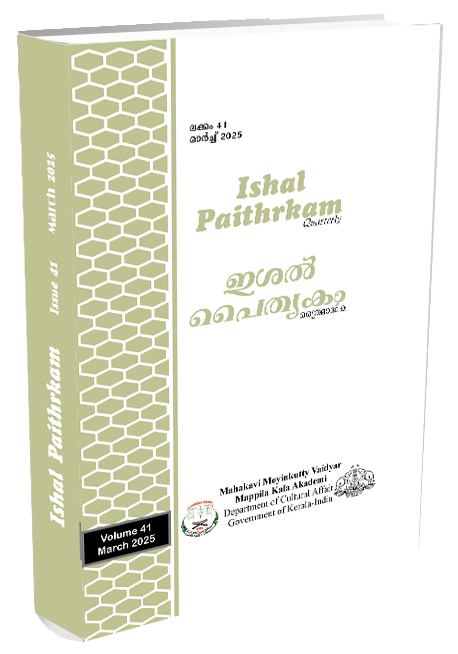De-contextualising of the Experience and Re-composing of Sensations: A Deleuzian Reading of the Aesthetics of Abstraction
Keywords:
percepts, affects, actual, virtual, sensationsAbstract
Experiences are ‘actual’ as they are formed of human perception and affection, while the world of sensations verges on the ‘virtual,’ a state of Deleuzian ‘percepts’ and ‘affects.’ Walter Benjamin says that there is something prior to the experience—a world of ever fresh and ever elusive sensations. Abstraction in art is not an attempt to undo an experience and capture the ‘original’ sensation prior to that particular experience, but an attempt to compose sensations elusive of experiences. The world of sensations is the world of nonhuman indeterminations which lies at the source of all human determinations. The move from the actual to the virtual takes the figure back to its “diagram,” in an attempt to preserve its multiplicity prior to the lived actualization, and as such it surpasses the ‘giveness’ of human interest or utility. Abstraction in art and poetry attempts to question the given meanings of the human in order to de-contextualize ‘human’ experiences. In their subliminal semantic silences, abstract works of art and literature try to compose sensations in approximation to the pre-linguistic world of body and its sensations.
Downloads
References
Benjamin, A., & Rice, C. (Eds.). (2009). Walter Benjamin and the architecture of modernity. Re.
Benjamin, W. (1996). Selected writings (M. Bullock & M. W. Jennings, Eds.; Vol. 1). Belknap Press.
Bergson, H. (1911). Matter and memory (N. M. Paul & W. S. Palmer, Trans.). Allen.
Caygill, H. (1998). Walter Benjamin: The colour of experience. Routledge.
Colebrook, C. (2002). Gilles Deleuze. Routledge.
Deleuze, G. (1994). Difference and repetition (P. Patton, Trans.). Columbia University Press.
Deleuze, G. (2005). Francis Bacon: The logic of sensation (D. W. Smith, Trans.). Continuum.
Deleuze, G., & Guattari, F. (1994). What is philosophy? (H. Tomlinson & G. Burchell, Trans.). Columbia University
Press.
Grosz, E. (2005). Bergson, Deleuze and the becoming of unbecoming. Parallax, 11(2), 4-13.
Merleau-Ponty, M. (1996). Eye and mind. In G. A. Johnson (Ed.), The Merleau-Ponty aesthetics reader: Philosophy
and painting (M. B. Smith, Trans., pp. 121-149). Northwestern University Press. (Original work published 1993)
Merleau-Ponty, M. (1968). The visible and the invisible (A. Lingis, Trans.; C. Lefort, Ed.). Northwestern University
Press.
Stevens, Wallace. (1954). The Collected Poems of Wallace Stevens. Knopf.
Downloads
Published
Issue
Section
License
Copyright (c) 2025 ISHAL PAITHRKAM

This work is licensed under a Creative Commons Attribution-NoDerivatives 4.0 International License.

